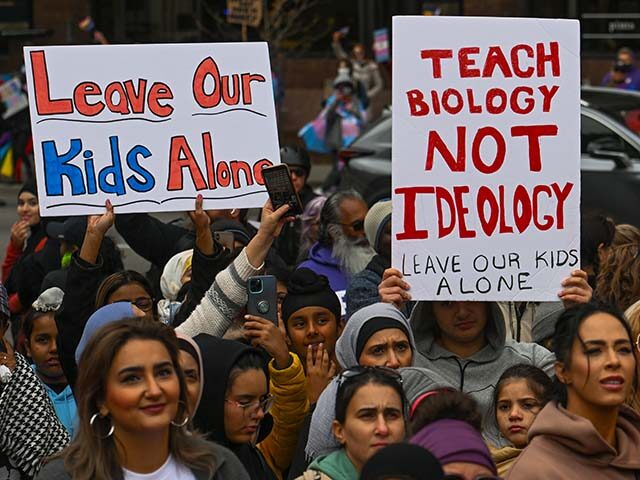The Supreme Court is temporarily allowing Idaho’s child protection law to begin operating, despite a judge’s decision to impose a state-wide injunction because of a pending lawsuit filed by transgender advocates.
The Vulnerable Child Protection Act outlaws most transgender treatments of children. So the court’s temporary decision is being hailed as a useful defeat for transgender groups, such as the ACLU. The ruling is also seen as a hopeful signal that the state can win the lawsuit when it eventually reaches the top court.
The Republican attorney general of Idaho, Raul Labrador, touted the court’s award of the stay, saying:
I’ve witnessed firsthand the devastating consequences of drugs and procedures used on children with gender dysphoria. And it’s a preventable tragedy.
The state has a duty to protect and support all children, and that’s why I’m proud to defend Idaho’s law that ensures children are not subjected to these life-altering drugs and procedures. Those suffering from gender dysphoria deserve love, support, and medical care rooted in biological reality. Denying the basic truth that boys and girls are biologically different hurts our kids. No one has the right to harm children, and I’m grateful that we, as the state, have the power—and duty—to protect them.
The temporary stay comes just after a major investigation in the United Kingdom has spotlighted the risks and harm of transgenderism to kids. The result has shifted the debate back toward, and the center, and will likely lead to legal curbs on transgender surgeries and drugs.
The ruling was opposed by the three liberal women justices: Justice Ketanji Brown Jackson, Sonia Sotomayor, and Elena Kagan. Idaho is “defending a statute that regulates access to gender-affirming medical care for transgender children,” Jackson wrote, suggesting that she opposes the law.
The stay was granted by the five conservative and moderate judges: Justices Neil Gorsuch, Sam Alito, Clarence Thomas, Brett Kavanaugh, Amy Coney Barrett, and John Roberts.
But the opinions from the justice in the ruling focused on another matter — the ability of lower-court judges to force nationwide injunctions.
Lower courts have been reaching beyond their power by trying “to govern an entire state or even the whole nation from their courtrooms,” Justice Neil Gorsuch wrote in a concurring opinion, joined by Alito and Thomas. Nationwide decisions should come after extensive discussions, he said:
A return to a more piecemeal and deliberative judicial process may strike some as inefficient. It may promise less power for the judge and less drama and excitement for the parties and public
Labrador pushed the point in his submission to the court: “The plaintiffs are two minors and their parents, and the [judge’s] injunction covers two million.”
Progressives are alarmed by the Supreme Court’s growing interest in curbing the role of nationwide injunctions, and fear it may limit their power to block curbs on migration in a future GOP-run White House.
The application is Labrador v. Poe, No. 23A763, in the Supreme Court of the United States.

COMMENTS
Please let us know if you're having issues with commenting.